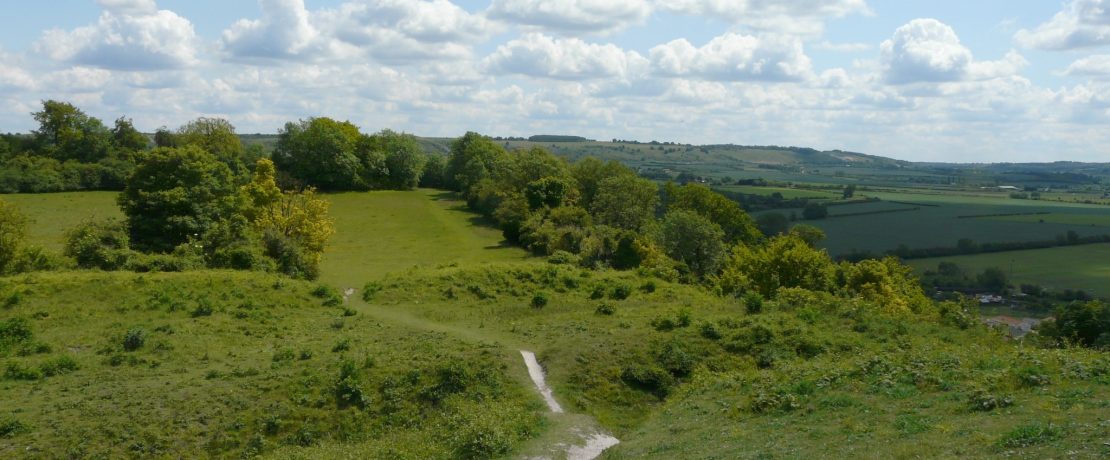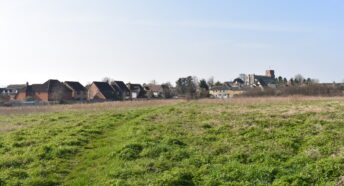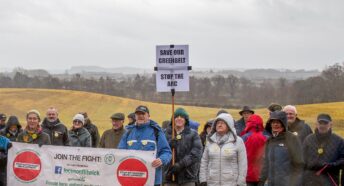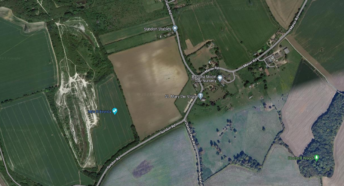Explainer: updating the Central Bedfordshire Council Local Plan
In the latest feature in our Explainers series we’re looking at the Central Bedfordshire Council Local Plan.
We look at what a Local Plan is, why you should get involved, the draft timetable and answer some FAQs.
What is a Local Plan?
There are two levels of local planning in England. Local Plans are a statutory requirement and are prepared by local planning authorities such as Central Bedfordshire Council (CBC). Neighbourhood Plans are voluntary and are prepared by local communities. Local Plans have an economic role (business and infrastructure), a social role (building strong communities) and an environmental role (protection of landscapes, wildlife, heritage and sustainability).
Neighbourhood Plans should conform generally with the Local Plan and exist to help communities develop a shared vision for their neighbourhoods. They cannot prevent the scale of development deemed necessary in the Local Plan but can have input into areas like the protection and creation of nature reserves and green spaces, renewable energy projects, where houses are built and levels of need for affordable housing.
Why should I get involved?
Once a Local Plan has been adopted, many of the big decisions that will shape the future of your local area have already been made and it will be more difficult to influence them further down the line.
Background to the CBC Local Plan
The Council adopted the Central Bedfordshire Local Plan (2015-2035) in July 2021.
The Plan requires an early partial review within six months of adoption, following which, updates can be made where necessary. The review process commenced in January 2022 and highlighted several changes to key policies and guidance including building design, environmental impacts and planning.
Local Plan update timetable
IThe timetable below sets out how CBC hope to proceed. Some of the stages are subject to external factors and may change.
The information used to prepare this section can be found on the CBC website.
July 2023 onwards
Preparation of Local Plan update (including monitoring of polices and updating the evidence base): Evidence gathering for Local Plan. This is an ongoing process as the evidence base is developed and updated throughout the preparation of the Plan, and may be carried out up until its submission to the Secretary of State.
September 2023 – November 2023
Outcome of the Plan Review reported to Council committees.
September 2023 – February 2024
Informal/non-statutory engagement and evidence review.
April 2024 – July 2024
Early public and stakeholder engagement – Issues and Options. This is not a statutory stage in the process but is proposed to ensure early engagement with local communities and key stakeholders.
September 2024 – October 2024
Non-statutory consultation on methodologies for site assessment and other technical evidence.
February 2026 – April 2026
Public and stakeholder engagement – Draft Local Plan Formal Consultation (Regulation 18) Consultation will take place over a 12 week period, however, the exact timeframe will be confirmed once the updates and review of the evidence base has been undertaken.
September 2027 – October 2027
Publication of the proposed submission (Pre-Submission) plan for representations (Regulation 19) Consultation will take place over a minimum of 6 weeks, however, the exact timeframe will be confirmed once the representations made at Regulation 18 have been reviewed and any updates to evidence base has been undertaken.
February 2028
Submission of Plan to Secretary of State for Examination (Reg 22)
March 2028 – August 2028
Examination Period. This is an externally led process, therefore, the Council has no direct control over timeframes. The Examination period identified aligns with the timescales being proposed by Government as part of changes to the plan making system.
September 2028
Inspector’s Report.
December 2028
Adoption.
What about East West Rail?
The East West Rail Company will consult further on its proposals as part of a statutory consultation ahead of an application for a Development Consent Order (DCO). A DCO is the means of obtaining permission for developments categorised as Nationally Significant Infrastructure Projects. This consultation is due to take place in 2024.
I’ve heard there may be changes to government planning policy?
CBC say: “The Government published a White Paper on changes to the planning system in August 2020, which contained significant changes to the plan-making system. Many of these proposals have been taken forward and are set out within the recently published Levelling Up and Regeneration Bill (May 2022). In broad terms, it proposes changes to the form of Local Plans, the types of policies Local Plans could contain, the evidential and appraisal requirements informing Local Plans, the Duty to Cooperate, and the stages and timescales involved. The Local Development Scheme (LDS) takes account of what is being proposed as part of the Levelling Up and Regeneration Bill. However, if there are unexpected changes to what is being proposed and how the new plan-making system will operate, there may be a need to review and update the LDS again.”
What is a Local Development Scheme?
The Local Development Scheme (LDS) is a project plan which sets out the timetable for the production of new or revised development plan documents which will form the Council’s Local Development Plan.
What will CPRE Bedfordshire be doing?
Our team will be monitoring the process and raising awareness of when and how local people can get involved.
More from CPRE Bedfordshire on the CBC Local Plan








